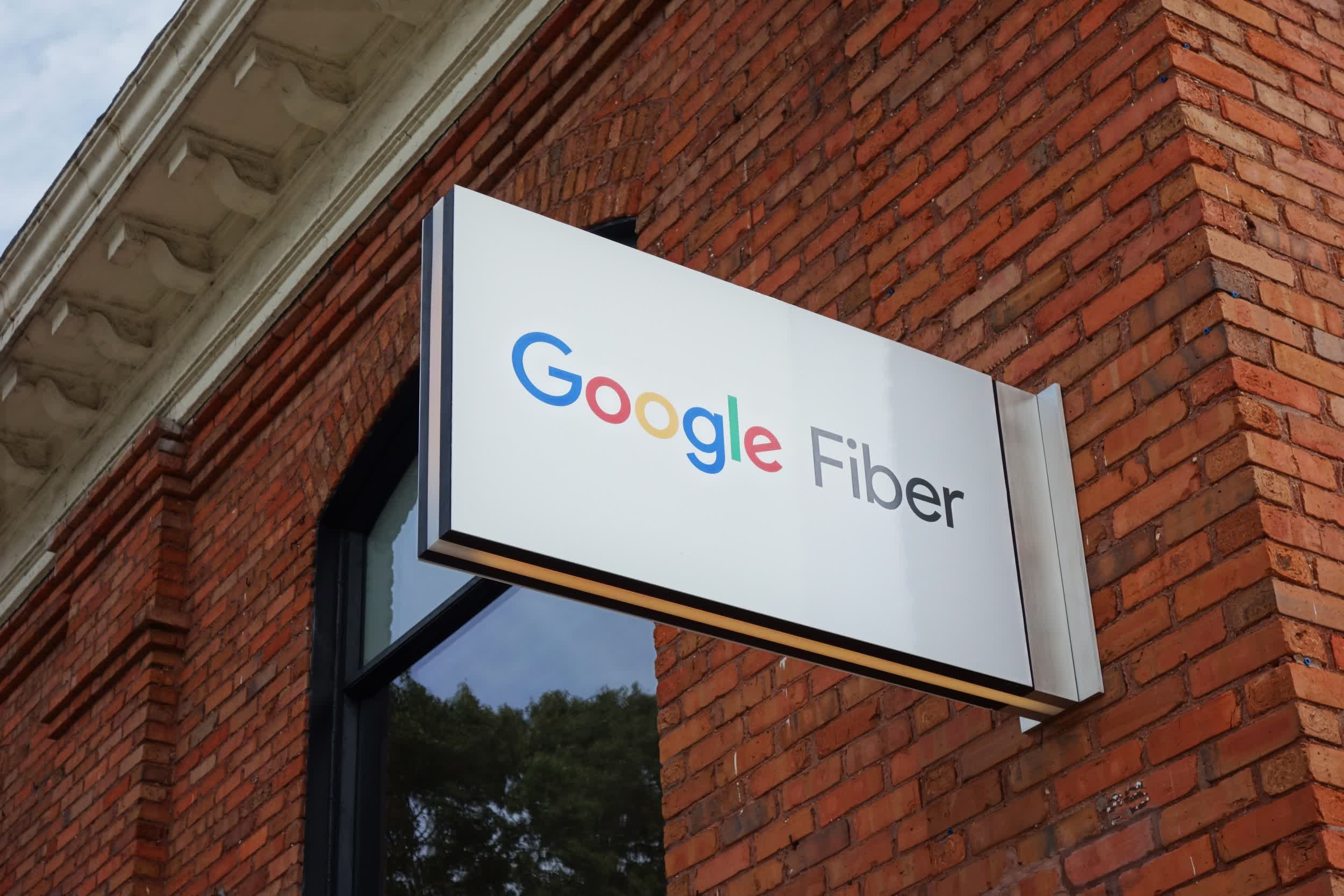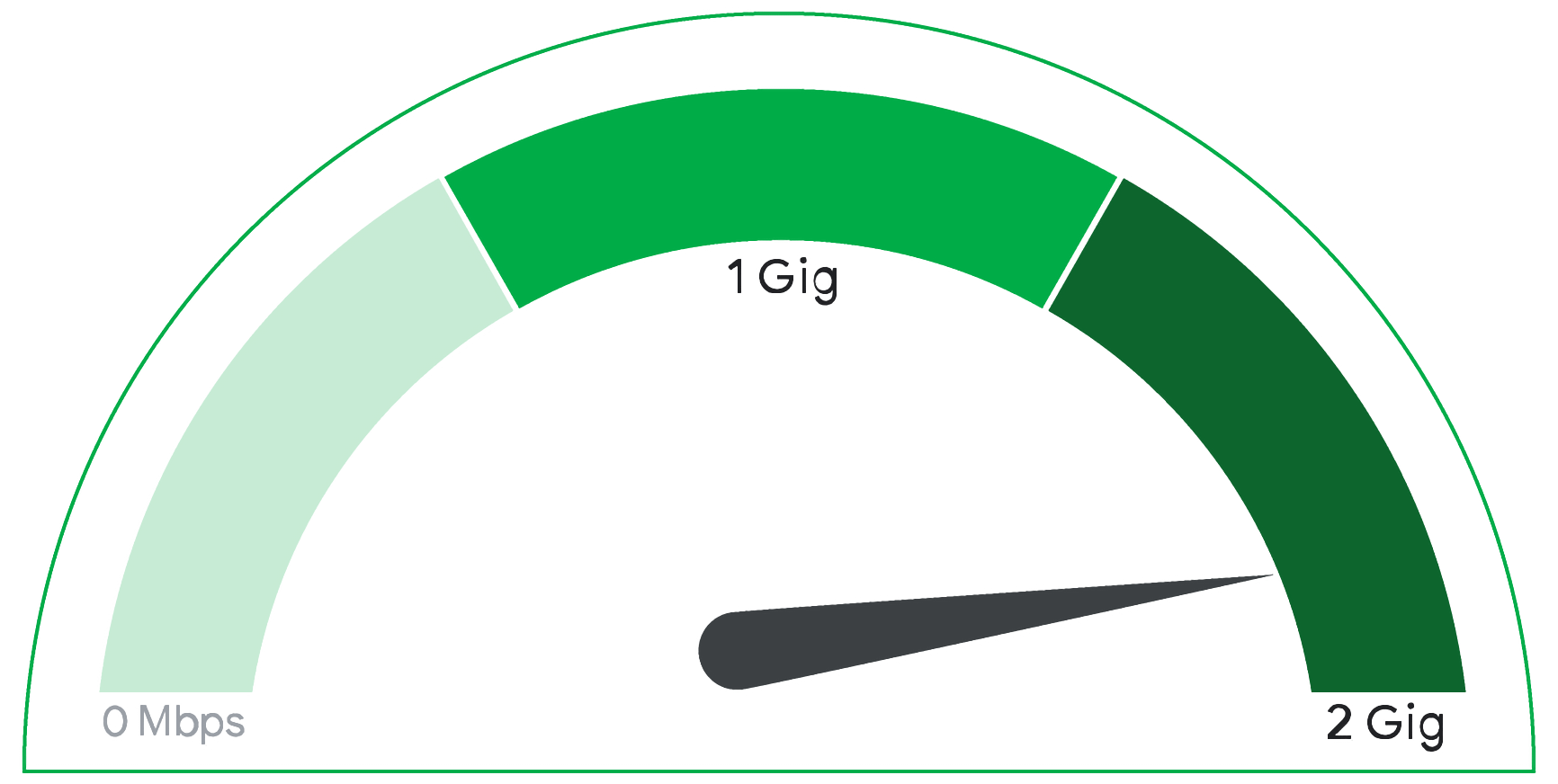Editor's take: On paper, the only thing lacking with Google Fiber is its limited availability. As of today, the service is offered in just 19 markets. While speed is always nice, we do wish the service was more widely available to additional customers, especially those in areas with only a single ISP option.

When Google deployed its first self-built, high-speed fiber network in mid-2012, it was among the fastest consumer connections available at 1 Gbps. Heck, the option for that kind of speed is still a dream for many in late 2020.
As fast as 1 Gbps is, it can always be faster. Like, twice as fast.
Google recently announced plans to start testing its 2 Gig service in the near future. For $100 per month, customers will get 2 gigabits on the download side and 1 gigabit on the upload side. The service also comes with a new Wi-Fi 6 router and mesh extender, which should be sufficient in blanketing your entire home with speedy Internet connectivity.

The new 2 Gig service will be available to residents in Huntsville and Nashville next month with a broader rollout in other Google Fiber cities later this fall. Interested parties can sign up for the Google Fiber Trusted Tester program to be among the first to take the new service for a spin.
Google said most of its 19 Google Fiber and Google Fiber Webpass cities will have access to 2 Gig by early 2021.
Image credit: zimmytws
https://www.techspot.com/news/86756-google-launch-2-gig-fiber-internet-service-next.html